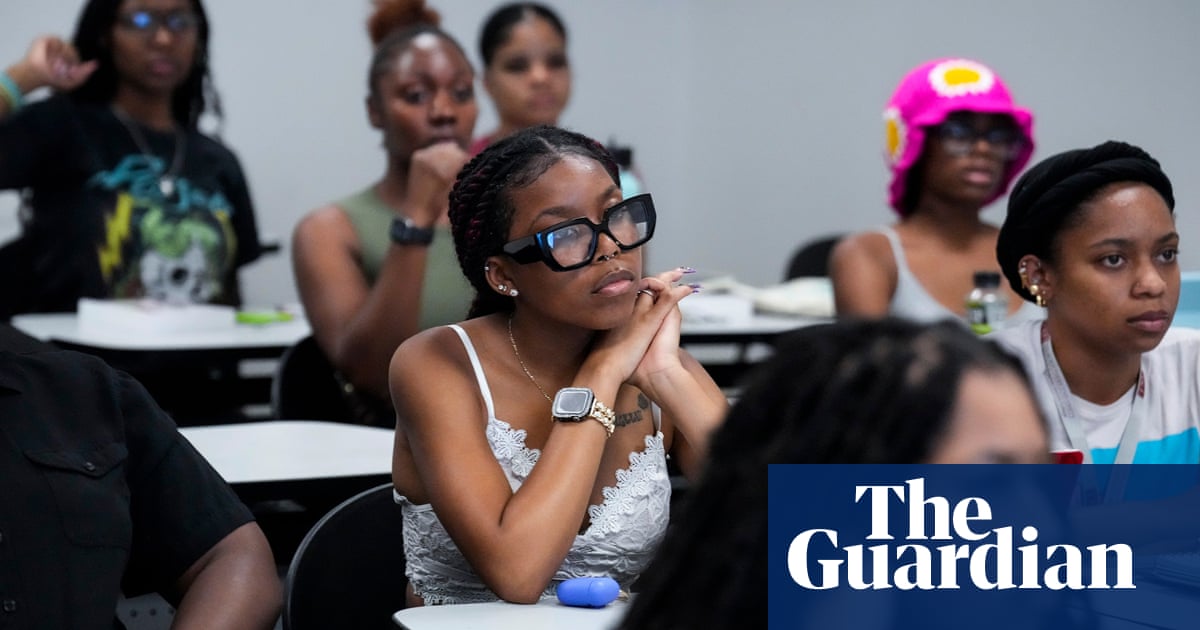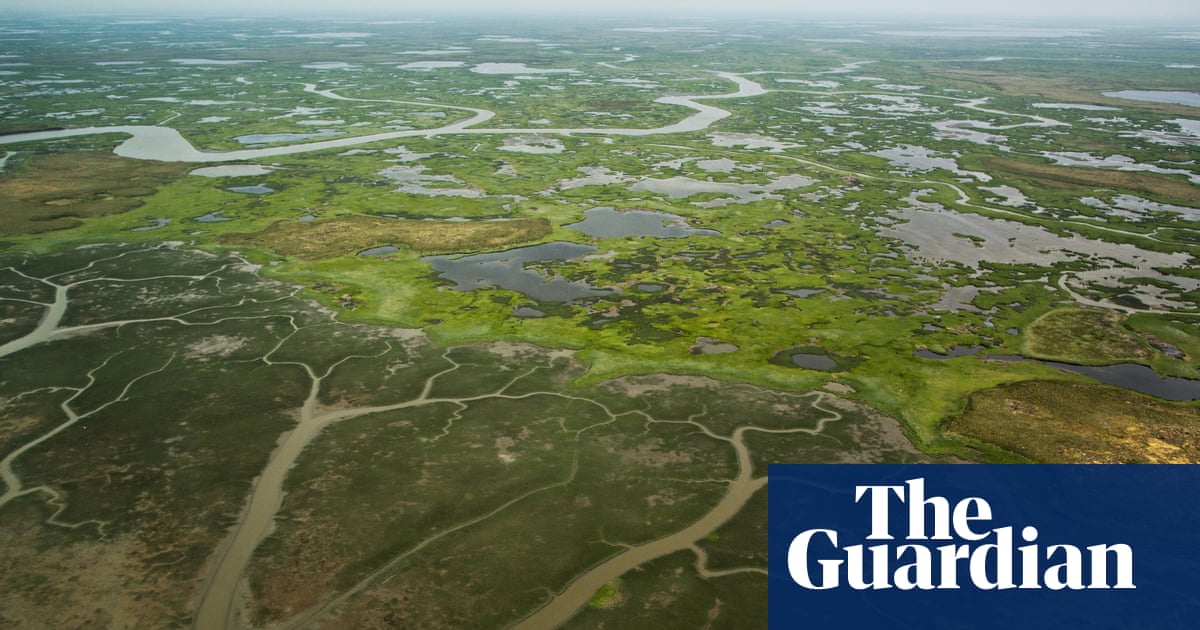The court of appeal has ruled that a couple who were separated from their two young children on a migrant dinghy near northern France after the mother fell overboard cannot travel to the UK to be reunited with them.
The Kurdish family, including two children aged nine and six, boarded a dinghy near Calais on 19 July, hoping to cross the Channel to the UK to claim asylum after saying they had faced persecution in Turkey.
A fight broke out on the overcrowded boat and the mother fell overboard. The father followed his wife into the water to try to rescue her. But before the couple could get back into the boat, the smugglers pushed it out to sea with the two children onboard.
On arrival in the UK, the children were taken into the care of Kent county council and placed with foster carers. Inquires were made and several days later the parents made contact with their children by video call.
The parents launched a legal challenge in the hope of securing the right to come to the UK legally to reunite with their children. A judge in the immigration tribunal ruled that the parents should be allowed to do this and that the separation from their parents was causing the children “distress and psychological damage”.
However, the Home Office appealed to the court of appeal, arguing that this could set a precedent and lead to smugglers putting more lone small children in dinghies, with parents hoping to follow by a legal route to reunite with them.
The court of appeal backed the Home Office and ruled that the family could not reunite in the UK. Instead, the Home Office wants to send the children back to France to reunite with their parents there.
After high-level discussions between the home secretary, Yvette Cooper, and her French counterpart Bruno Retailleau, France has agreed to accept the children. It is not known when the return might happen. The parents and children have been separated for more than five months.
The judges criticised the Home Office for delaying for two months before starting work on the case, something they described as “very regrettable”.
They added: “It is very sad that the separation of the children and their parents will continue for what it now seems inevitable will be at least several more weeks … but the secretary of state has legitimate reasons for withholding the grant of entry clearance.”
In the opinion of a psychology expert who assessed the children “the longer the separation between the parents and children, the more the psychological harm”.
The judges said the case was an example of the “human as well as legal problems” that arise from the smuggling of migrants across the Channel.
after newsletter promotion
The parents were interviewed in the Guardian in September. The mother said then: “There is nothing worse than being separated from your children. All we want is to be together again.”
In the only other known case where a parent became separated from her young children on a dinghy the mother travelled by dinghy to the UK several weeks afterwards so she could reunite with them.
Lou Calvey, the director of the charity Asylum Matters, said: “It’s unfathomable how anyone’s reaction to such a traumatic experience for these children is anything other than heartbreak for all they’ve already been through. A small boat, in ferocious sea, watching their parents struggle against drowning. That our government, knowing this, have chosen to keep these children separated from their parents displays a staggering cold-heartedness.
“There’s simply no evidence to suggest that allowing the parents to reunite with their children in the UK would in any way ‘incentivise’ smugglers.”
The Home Office has been approached for comment.

 4 weeks ago
21
4 weeks ago
21













































